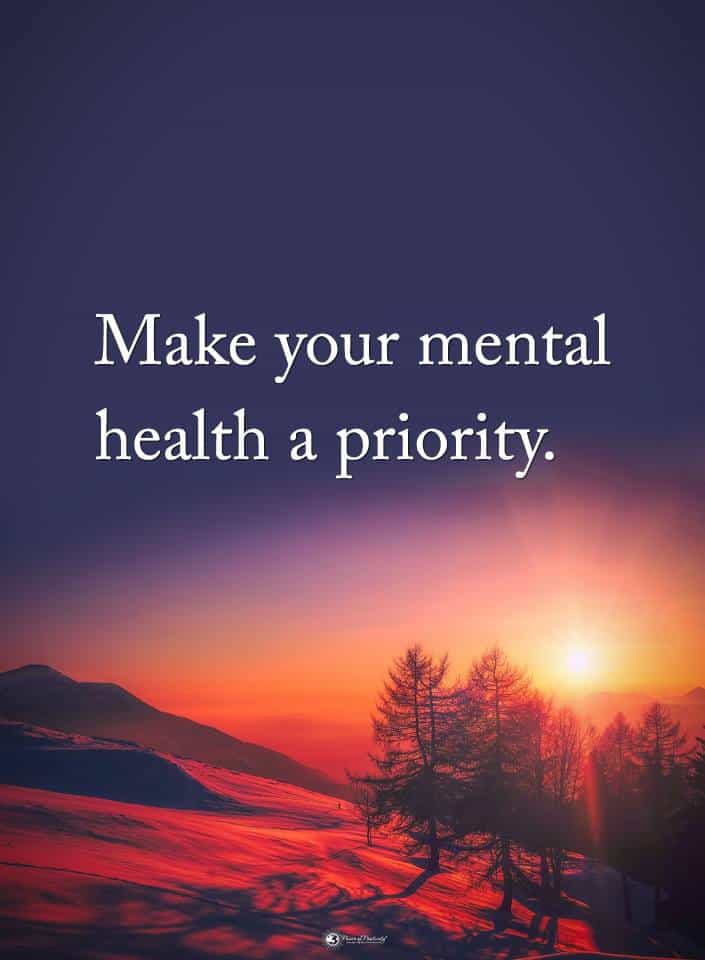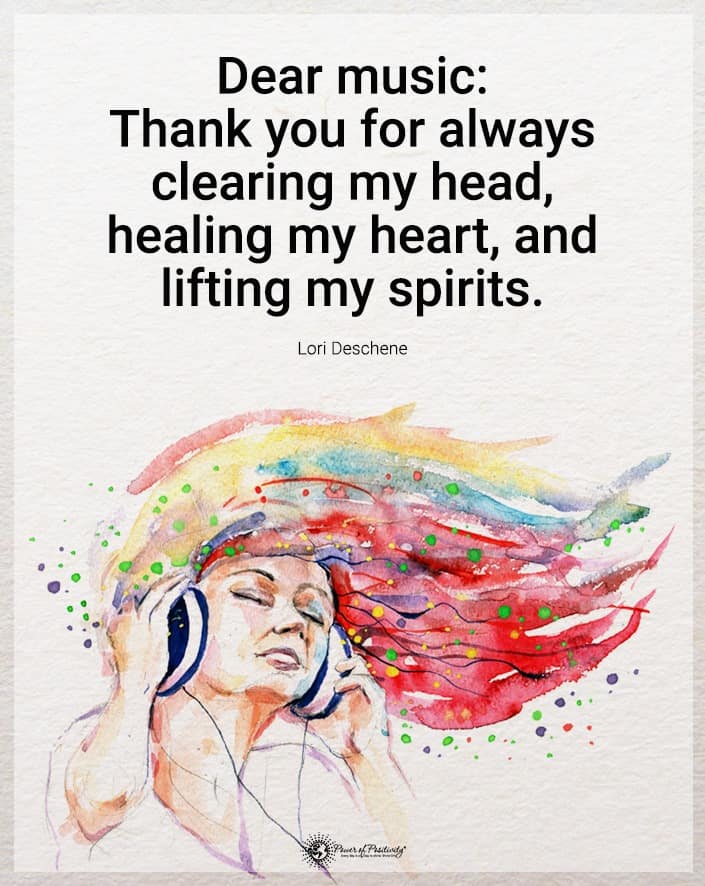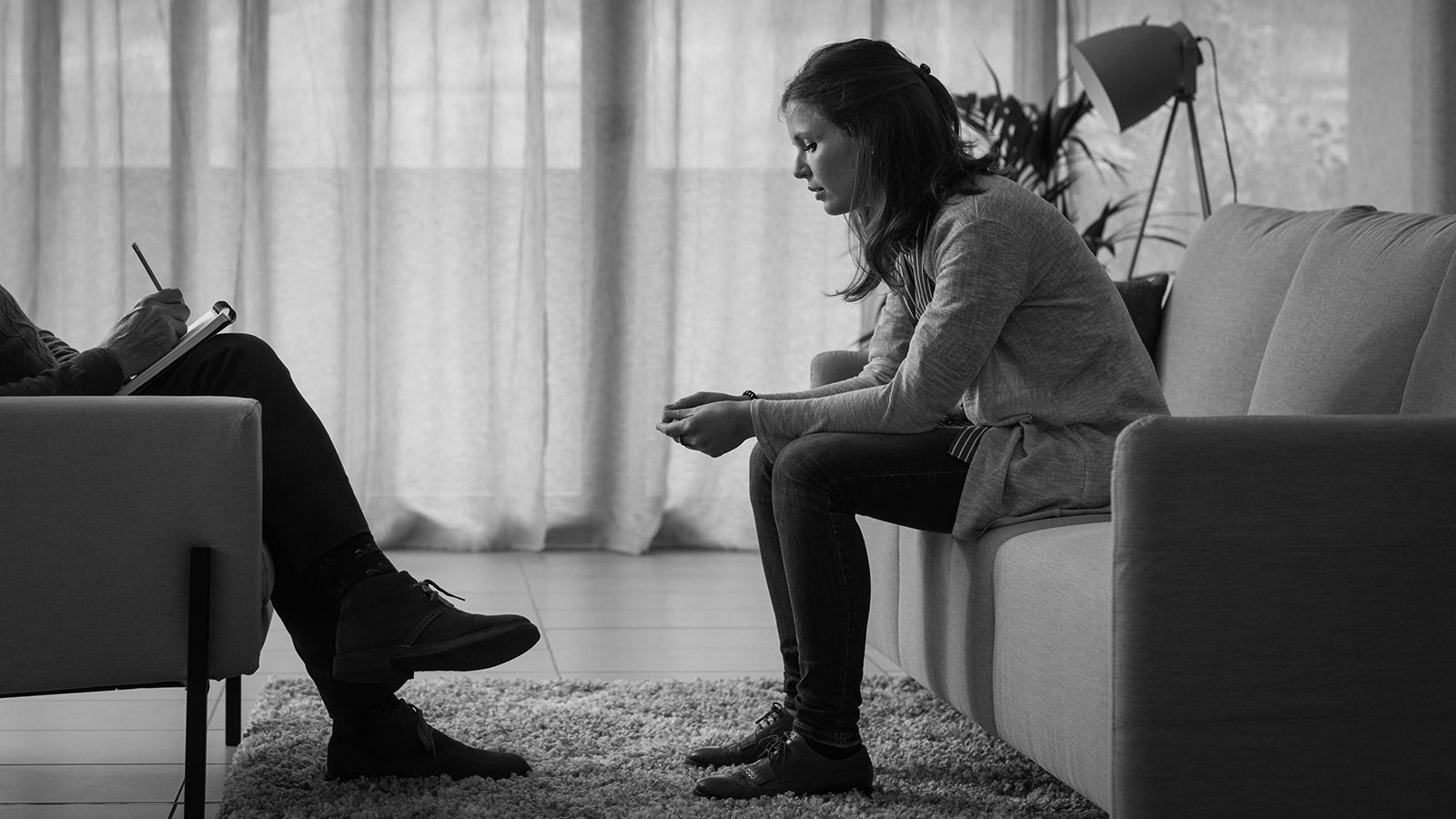You know that counseling is usually positive for people who need help with their mental health. However, some people experience negative effects of therapy. Unfavorable outcomes are infrequent. Still, they are worth noting as you weigh the pros and cons of treatment.
Therapy is a trusted go-to for many individuals who struggle with their mental health. The use of treatment, counseling, or psychotherapy, which is a therapy that applies psychological theories and methods to treatment, can be a beneficial way for individuals to work through their mental conditions, disorders, and imbalances.
Admittedly, there is still a lot of stigma surrounding therapy and other mental health interventions. Much of which stems from a lack of understanding of the nature of mental disorders. In recent years, activists and experts have attempted to overwrite that stigma by showcasing the many benefits therapy and counseling may hold. Indeed, that is a good thing!
Unfortunately, in the process, many have lost sight of the grey areas within mental health interventions. Psychotherapy and counseling are under-researched areas of science, and though they have had proven benefits, problems and adverse effects remain an issue. From side effects to the poor practice of the professionals involved, studies have found that between 5% and 20% of therapy and counseling patients experience adverse effects.
This is not to say that you should avoid therapy or counseling altogether. Instead, it suggests the necessity of understanding that neither are miracle cures and being prepared for “side effects” – as you would with any health-related procedure. So, what can you expect, and what adverse effects of therapy should you know? Here are four possible negative effects of therapy and counseling on your mental health.
1. You May Develop A Dependency
The goal of therapy or counseling should be to equip you with the information you need to continue living your life unassisted after completing an intervention program. But sometimes, treatment doesn’t successfully meet those goals, causing you to become overly dependent on that intervention.
This outcome might happen as a result of these things:
- An overdrawn period of therapy or counseling extending beyond the actual needs of the patient.
- A failure on the part of the professional to educate the patient on how to properly apply the intervention results to their everyday life.
- The development of a victim mentality by the patient due to the way they look at their problems.
- A failure on the part of the professional to lay out goals and set expectations for the scope of the treatment plan.
- A lack of personal responsibility on the part of the patient in applying what they learn to their lives in practical ways.
- An excessive level of self-absorption on the part of the patient, where they focus exclusively on their problems without factoring in those around them, the world outside, and who it affects.
Therapy dependence is a severe adverse effect that can come from improperly administered interventions. Think about it this way. If you needed surgery, the goal would be for you to continue living an everyday life after the surgery. The goal isn’t for you to continue getting that same surgery again and again. In fact, that could lead to worse health and ultimately provide no new benefits for you.
Some might say the same thing about therapy. It should not be a permanent fixture in your life forever, except in very rare or extreme cases. If you’re in treatment, you should be looking to the future and focusing on how to continue your life without it, not using your sessions as a crutch to avoid everyday life’s struggles!
2. Your Symptoms Could Worsen
When you go into therapy or counseling with positive thinking, the very last thing on your mind is the chance that all of your efforts may wind up making your problems worse. Unfortunately, this is a problem that you may face when you go out to find a professional who can help you with your mental health.
It has been noted that certain conditions or issues put someone more at risk of deterioration after an intervention. It can be tough to distinguish between the negative effects of therapy and the necessary short-term “deterioration” that is necessary for long-term improvement. However, in general, the more severe the mental health issues that you face, the higher the risks are of you deteriorating or getting worse after seeking professional help.
Research published in the International Encyclopedia of the Social & Behavioral Science shows that the heightened interpersonal issues, the seriousness of symptoms, and the severity of the diagnosed disorder can all contribute to the overall severity of the condition. These factors can affect the feasibility of positive psychotherapeutic interventions.
Some Difficult to Treat Mental Health Disorders:
Other disorders may be harder to treat effectively. These include:
- When treated with critical incident stress debriefing, anxiety disorders may lead to worsened symptoms and higher scores of anxiety.
- Post-traumatic stress disorder in young children, when treated with trauma-focused cognitive behavioral therapy, says a study in the Journal of Child Psychology and Psychiatry.
- Dissociative identity disorder, when treated with suggestive techniques to encourage memory recovery, could cause an increase in self-destructive behavior.
Of course, this does not mean that you can not seek mental help if you have the aforementioned conditions. Instead, be aware of the state of your mental health over time and bring up any concerns you have with the professional you’re working with. This awareness and openness may help to prevent the worst of it!
3. You Can Learn Bad Habits In Group Therapy
Many attend group therapy for its social aspects. You can support other people, they can help you, and you can learn from each other. At the same time, you get the necessary social interaction and avoiding self-isolation. But a lot of group-based therapy interventions can do more harm than good in some instances.
Research has found that individuals in group therapy may learn harmful habits off of each other. Instead of the treatment helping the people involved improve, the social interaction may cause everyone to drag down each other. This is a significant concern for certain types of group therapy!
It’s worth noting that this is especially prevalent in youth group therapies. Besides that, a lot of other group interventions work perfectly fine. It can vary from community to community, depending on the people participating. So it’s a good idea to be aware of the possible adverse effects anyway, even though you’re still likely to benefit from group therapy.
 4. You Could Have A Poor Therapist or Counselor
4. You Could Have A Poor Therapist or Counselor
The professional who treats you is an integral part of your mental health intervention experience. Research has found that many common negative effects of therapy come from harmful therapists. Some kinds of negative professionals are these:
· Lack of Empathy
A counselor or therapist must respect their patient and provide them with a kind, understanding, and empathic ear. Being especially self-focused or harsh can cause a patient to feel that the counselor is pushing aside their concerns. Poor empathy from a professional in this scope can completely ruin the positive thinking levels, as they seek to be heard but are instead met by coldness and an inability to relate or understand.
· Passive Behavior
A therapist or counselor may behave very passively towards their patient. This behavior might lead to an alienated feeling on the part of that patient. The latter may feel alienated and deprived of critical features of the necessary therapeutic experience, including feelings of hope. Professionals who tend to treat their patients in passive ways can seem distant and disinterested during sessions.
· Controlling Behavior
Some therapists or counselors may behave in controlling manner, overstepping boundaries and repeatedly insisting on forcing specific patient outcomes. It’s easy to see why this isn’t considered a positive form of treatment!
· Underestimations
A counselor or therapist needs to understand and validate the severity of a patient’s symptoms. Professionals who fail to do so may underestimate the conditions of those they treat, leading to incorrect treatment methods.
· Lack of Experience
Not all therapists or counselors have the right experience for certain patients. A professional could be well-versed in depressive disorder intervention. But they are out of their depth in trauma work, for example. And, of course, some newer professionals in the field may not benefit from sufficient experience in their line of work. Therefore, they may make mistakes with their patients.
· Wrong Fit
Sometimes, a therapist or counselor isn’t inherently bad. They’re just the wrong fit for you. Their experiences working with patients may not benefit you. Or their methods might not quite work for your issues and how your brain works. Getting caught in the trap of sticking with the wrong therapist can lead to uncomfortable, unhelpful, and ultimately unproductive counseling or therapy sessions. Recognizing when someone’s style isn’t working out for you is important.
 Final Thoughts On Some Possible Negative Effects Of Therapy And Counseling On Your Mental Health
Final Thoughts On Some Possible Negative Effects Of Therapy And Counseling On Your Mental Health
Therapy and counseling can both be beneficial when you’re facing difficulties with your mental health. Unfortunately, a lack of sufficient research means that people are unprepared for possible adverse effects. Indeed, they may not realize the existence of such effects until it is too late. This is especially harmful to those already in a very dire mental state when seeking help!
Of course, this is not to say that you should avoid that help altogether. The purpose of this article is not to frighten you away from therapy or to decide against seeking help. Instead, it is to ensure that you are aware of the complex natures of therapy and counseling. Indeed, this knowledge can prepare you for and become aware of any adverse effects.
If you’re facing mental health struggles or even need some help with specific psychological factors, don’t fear therapy or counseling. You can benefit immensely from professional support for any personal health struggles, including mental ones. There is no shame in seeking the help that you need.
So, what should you do so you can benefit from therapy and save yourself from negative effects? Start by shopping around to meet different therapists. Get to know a few options, and then decide from there who you’d like to work with. Be aware of the signs that you’re experiencing negative effects. Then be prepared to stop going to the intervention if you encounter such issues. It cannot be easy to find the right therapist or counselor, but the positive results will be noticeable!


















